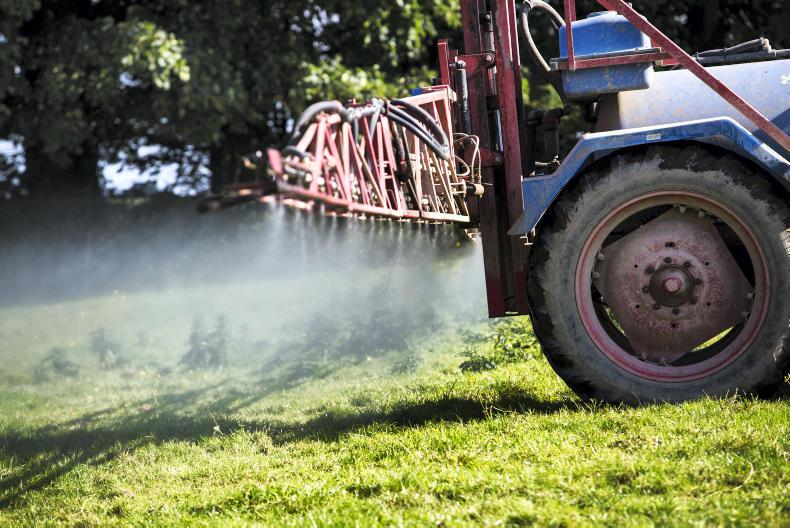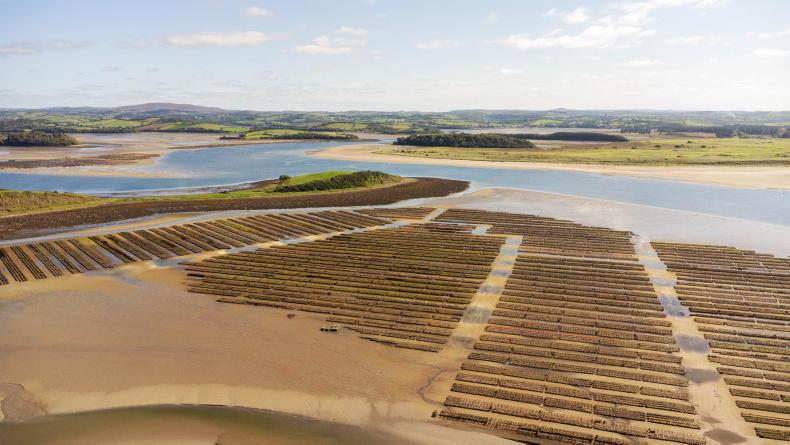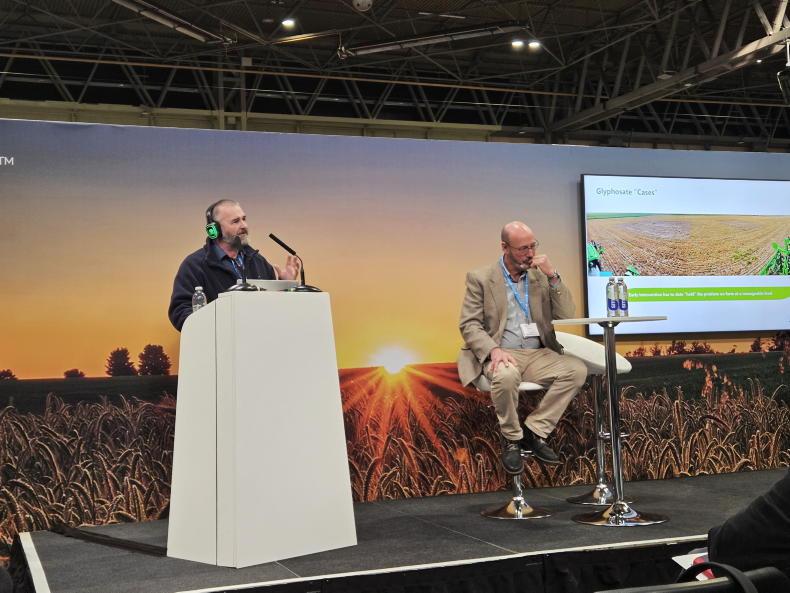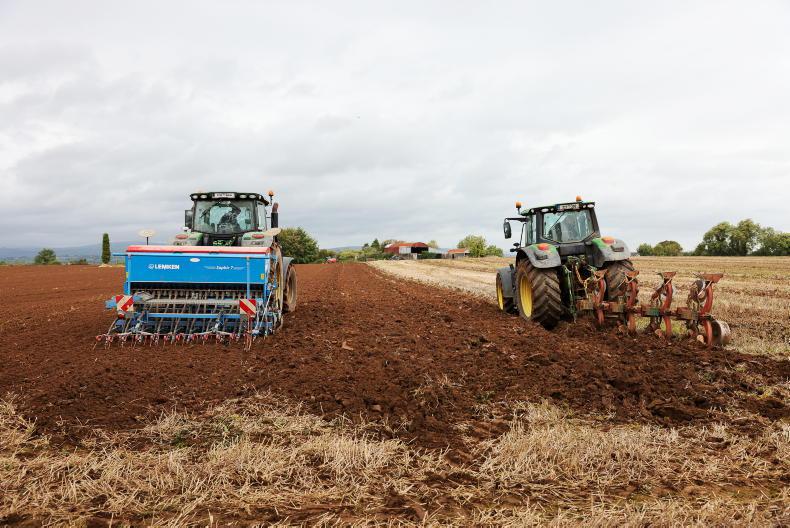Thousands of farmers who have bought the widely used rush spray MCPA have been warned that they face increased inspections, potential restrictions and a possible ban on the spray.
The Department of Agriculture has issued 2,254 letters to farmers in areas where MCPA has been found in drinking water supplies. The letter warns that the Department is monitoring residue levels in watercourses in their areas and if the situation doesn’t improve, further action will be taken.
This could involve restrictions on use of MCPA-based products, such as wider buffer zones, or a ban on the purchase and use of MCPA products.
The letters remind farmers of their responsibilities for using the chemical and warn that they may be visited by officials from the Pesticide Controls Division (PCD).
The inspections will include checks that the sprayer is tested and calibrated, the farmer is trained and certified as a professional user and the farm chemical store and spray records.
The Environmental Protection Agency (EPA) has warned that unless MCPA contamination in water is reduced, the spray could be banned at Irish or European level.
The legal limit for MCPA in drinking water is one part per billion, or the equivalent of one drop in an Olympic-sized swimming pool.
In 2016, 55 water samples taken from 29 supplies breached the legal limit for individual pesticides. MCPA was the chemical found in almost 70% of cases.
Senior EPA inspector Darragh Page told the Irish Farmers Journal that the 2017 figures were unlikely to have improved. He said the EPA has identified the four highest priority water supplies for pesticide contamination. They are Lough Forbes in Co Longford, Newcastlewest and Abbeyfeale in Co Limerick, and Troyswood in Co Kilkenny. However, he added that there are more water supplies where intermittent pesticide contamination had been recorded.
Read more
Threat of rush spray ban grows
Completing your chemical application records and inventory
Thousands of farmers who have bought the widely used rush spray MCPA have been warned that they face increased inspections, potential restrictions and a possible ban on the spray.
The Department of Agriculture has issued 2,254 letters to farmers in areas where MCPA has been found in drinking water supplies. The letter warns that the Department is monitoring residue levels in watercourses in their areas and if the situation doesn’t improve, further action will be taken.
This could involve restrictions on use of MCPA-based products, such as wider buffer zones, or a ban on the purchase and use of MCPA products.
The letters remind farmers of their responsibilities for using the chemical and warn that they may be visited by officials from the Pesticide Controls Division (PCD).
The inspections will include checks that the sprayer is tested and calibrated, the farmer is trained and certified as a professional user and the farm chemical store and spray records.
The Environmental Protection Agency (EPA) has warned that unless MCPA contamination in water is reduced, the spray could be banned at Irish or European level.
The legal limit for MCPA in drinking water is one part per billion, or the equivalent of one drop in an Olympic-sized swimming pool.
In 2016, 55 water samples taken from 29 supplies breached the legal limit for individual pesticides. MCPA was the chemical found in almost 70% of cases.
Senior EPA inspector Darragh Page told the Irish Farmers Journal that the 2017 figures were unlikely to have improved. He said the EPA has identified the four highest priority water supplies for pesticide contamination. They are Lough Forbes in Co Longford, Newcastlewest and Abbeyfeale in Co Limerick, and Troyswood in Co Kilkenny. However, he added that there are more water supplies where intermittent pesticide contamination had been recorded.
Read more
Threat of rush spray ban grows
Completing your chemical application records and inventory










SHARING OPTIONS